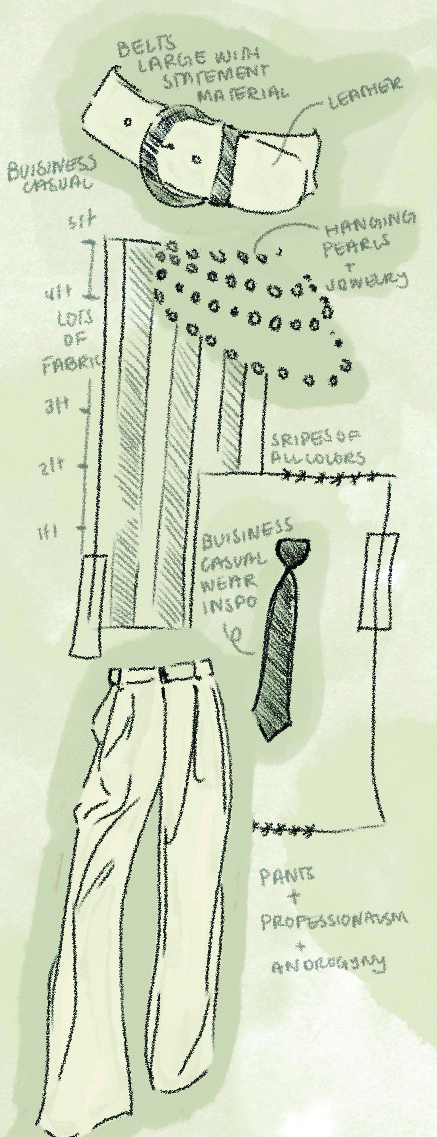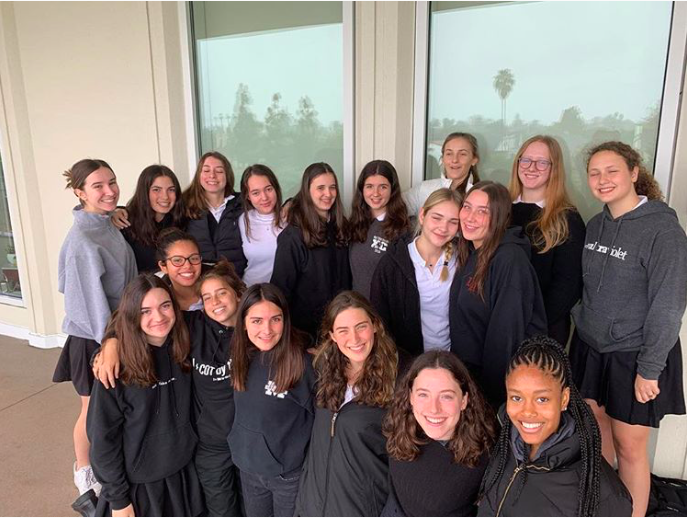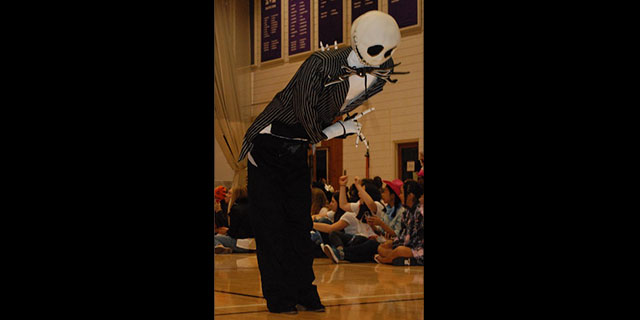
In January of 2015, the Kentucky and New Mexico state legislatures introduced a bill that would allow high school students to take coding classes under the Foreign Language Department, provoking discussion across the country about what constitutes foreign language. The states of Texas and Oklahoma have already passed similar bills.
Kentucky Senate Pro-Tem President David Givens filed this bill in the beginning of 2015.
“Computer programming is truly a language, and let’s be honest, it’s foreign to a lot of people,” Givens explained in an interview with USA Today.
Within the past few months, advocates have been pushing the use of coding in elementary and high schools in the country. In President Barack Obama’s State of the Union Address in January, the President put a strong emphasis on the presence of technology in the United States and emphasized his desire to better prepare students to become more qualified employees for growing tech sectors.
But some feel that having coding count as a foreign language class could present issues for students when they apply to college. Most colleges and universities have a foreign language requirement in order to qualify for admission. So, if students take coding classes in place of these foreign language classes, then they are at a disadvantage in the college application process.
“[The effect of taking coding as a foreign language] will depend on the composition of the student’s college list, quite frankly, and the types of institutions the girls would be applying to.I would hazard to guess to say that for some of the more highly selective places taking coding as a language might put a student at a disadvantage,” Associate Director of College Counseling Monica DePriest commented.
Mathematics Department Head Chris Talone said he believes that coding is not a foreign language, and for it to be considered one would be taking beneficial knowledge away from students.
“I don’t think it’s a foreign language. I think it’s a scientific language, and I think there is so much benefit [to be had] from learning a foreign language… It’s not like you can learn about the culture of coding—the benefit of learning a foreign language is learning the culture and learning a different way of living, and that doesn’t really translate with coding. Coding is just a different way of thinking,” Talone explained.
Mathematics Instructor Darren Kessner emphasized the opinion that coding is really not a foreign language.
“I dont think I would go so far to call it a foreign language. It’s different. A foreign language you are communicating person to person. With this it’s really like computers and humans communicating. While there are aspects of learning a computer language that are like learning a foreign language, there are a lot more aspects that are closer to math,” Kessner noted.
In compliance with the UC requirements, Marlborough considers coding to be under the Mathematics Department.
According to Code.org, in 25 states, coding cannot even count towards a high school mathematics or science graduation requirements. In the state of California, however, following UC graduation requirements, coding counts as a math and/or science credit.
Although the states of Texas and Oklahoma have made the switch to have coding under the foreign language department, as of now, no schools have actually implemented this change. Marlborough sees coding as the most similar to mathematics.
“It’s a lot like doing a proof in geometry. It’s very logic based. A leads to B. B leads to C. C leads to D. But you have to be very precise and one little mistake with a comma or semicolon can mess up your whole program. It’s the type of thing where you have to start thinking like a machine and not like a human being. You have to write in a way where there is no room for error, no room for misunderstanding, no room to interpret things more than one way because the machine is only going to interpret things in one way,” Talone explained.
Talone also emphasized that while he does not consider coding to be a foreign language, its importance in the future should not be undermined. According to Code.org, computer-programming jobs are growing at twice the national average, yet less than 2.4 percent of college students graduate with a degree in computer science. Only 10% of high schools have computer programming classes.
“I think [coding’s] an essential skill. We are supposed to be preparing you for the future and coding is going to be a part of just about every discipline” Talone stated.
Lisa Sheldon ’15 said that she decided to take the Introduction to Coding Class after working with the program Scratch in her math class junior year.
“I don’t see coding as a foreign language — I see it more as an offshoot of mathematics meeting science. I can’t really imagine taking Coding in place of Spanish class. However, I do think coding does provide a basis for a lot of things, but so does my Spanish class. I think at some point in the future with the way technology is rapidly advancing, coding will become its own department and its own requirement,” Sheldon commented.
As of now, while coding remains in the Mathematics Department, there is hope that that course and concept of coding will translate into other departments.
“I would like to see coding integrated into multiple different departments. We are talking about introducing coding into the various math courses. But I would like to see coding in science and visual arts classes. Right now there is a lot of overlap with coding and visual arts classes using coding to draw and animate things.” Kessner remarked.
















